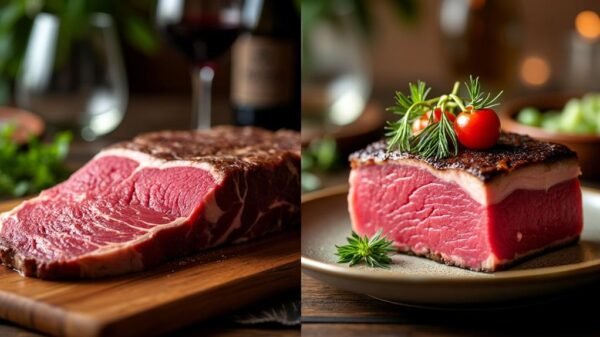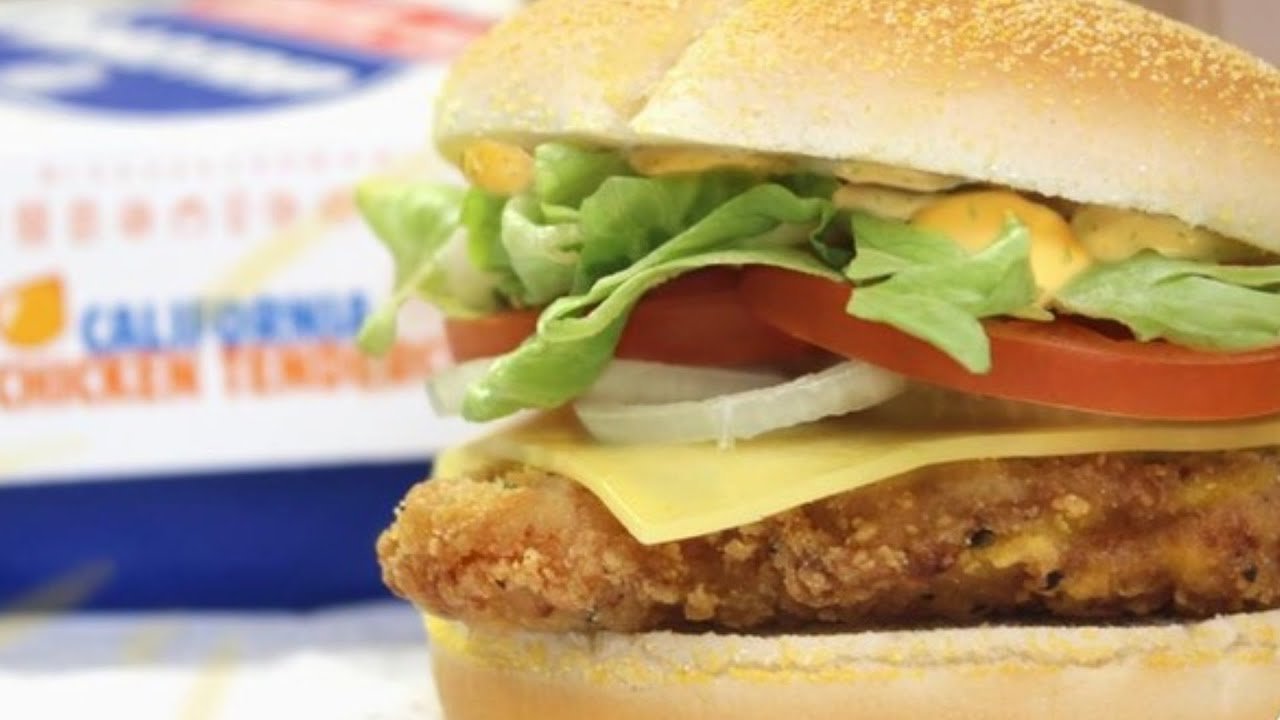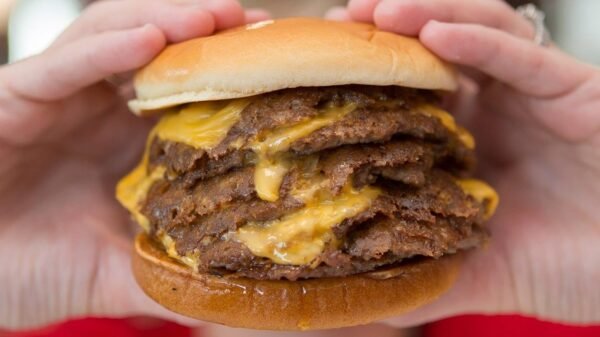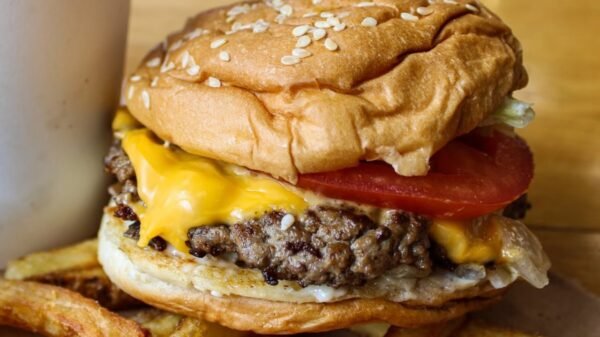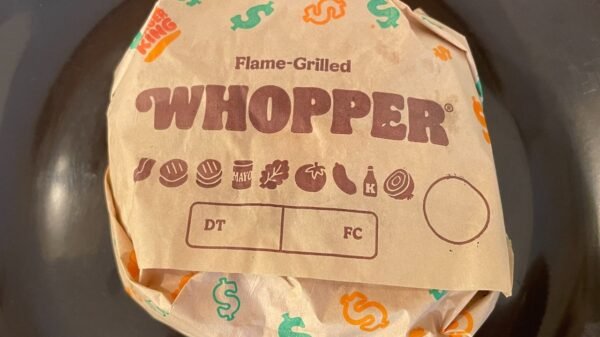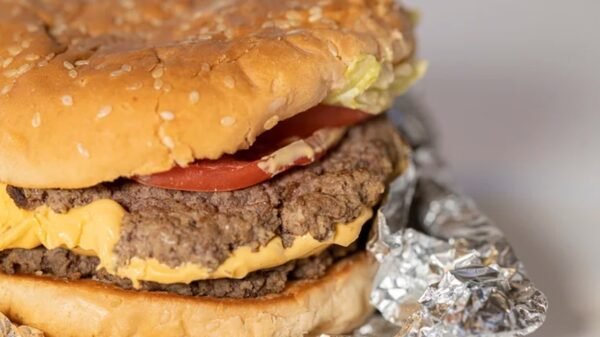The Truth Behind Burger King’s Tall Tales
Fast food giants like Burger King often engage in marketing strategies that stretch the truth. As consumers, we tend to overlook these embellishments, partly because they can be humorous or entertaining. However, when a company repeatedly misrepresents facts, it raises questions about their credibility. Let’s explore some of the more significant misstatements made by Burger King over the years.
A Flavor of Deception: The Left-Handed Whopper
In 1998, Burger King introduced a seemingly innocuous concept: the Left-Handed Whopper. The clever marketing campaign claimed the burger was specially designed for left-handed customers, featuring all the same ingredients but oriented differently. The prank led to significant media buzz, prompting a wave of calls from customers eager to order the novelty item. While intended as a humorous promotion, it showcased Burger King’s ability to craft a narrative that misled the public.
Claims of Vegan-Friendly Fare
With the rising interest in plant-based diets, Burger King attempted to capture a new market segment by introducing a vegan burger called the Impossible Whopper. While the burger itself is plant-based, the preparation methods have been less than transparent. Many customers assumed they were consuming a fully vegan product, not realizing that it is cooked on the same grills as meat products. This oversight left some patrons feeling misled about the purity of their meal.
Rethinking Advertising Strategies: The A.I.-Scripted Ads
In a bid to modernize its advertising approach, Burger King boasted about utilizing artificial intelligence to script its ad campaigns. While the idea of A.I.-generated marketing offers intriguing possibilities, the implication was that all content relied on automated processes. In reality, the A.I. component was minimal and the creative process involved human input. This misrepresentation raises concerns about transparency in advertising methods.
The Croissan’wich Debacle
Burger King prides itself on its breakfast offerings, particularly the Croissan’wich. However, a viral promotional campaign targeting millennials inaccurately notified customers about a limited-time offer, only to switch the terms shortly after its launch. The abrupt change left many customers confused and frustrated, which contradicted the inclusive messaging that the brand aspired to maintain.
The Chocolate Whopper: A Sweet Trick
April Fool’s Day is a notorious time for companies to showcase their creativity with outlandish product claims. Burger King introduced the Chocolate Whopper, making headlines for its bizarre concept of a dessert burger. While it was just a prank, it serves as an example of how far the brand would go to generate buzz—though not without possibly misleading some fans who hoped for an actual confection.
Dimensions of Reality vs. Expectation
Promotional materials for some of Burger King’s product offerings have presented an unrealistic picture of what customers can expect. For example, images of towering burgers stacked high with ingredients are often idealized. When customers receive their orders, the reality can be disappointing, leading to a perception of false advertising, which can tarnish brand loyalty.
Engaging Customer Feedback
Burger King’s strategies have garnered significant attention both positive and negative. Over the years, public reactions to their marketing campaigns have served as valuable feedback. While some advertisements may initially amuse or intrigue, others may prompt a consumer backlash that highlights the importance of authenticity in promotions.
Looking Forward: Marketing with Merit
As consumers navigate the complexities of fast food marketing, accountability should play a vital role in business practices. Companies like Burger King must recognize that honesty in advertising resonates more meaningfully with customers. Transparency not only cultivates trust but fosters long-term relationships with diners who expect genuine experiences.
In a climate where brand integrity is essential, it’s imperative for large corporations to balance creativity with truthfulness. As consumers continue to scrutinize marketing tactics, the expectation remains that businesses will rise to the occasion and uphold a standard of authenticity. Embracing real narratives will not only enhance customer satisfaction but strengthen the brand’s reputation in the competitive landscape of fast food.






















